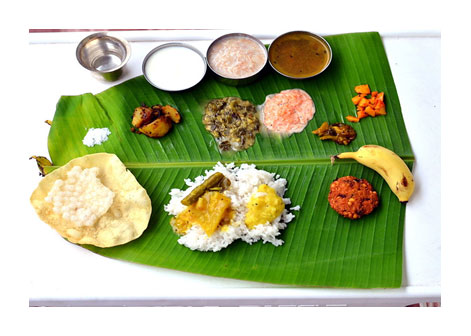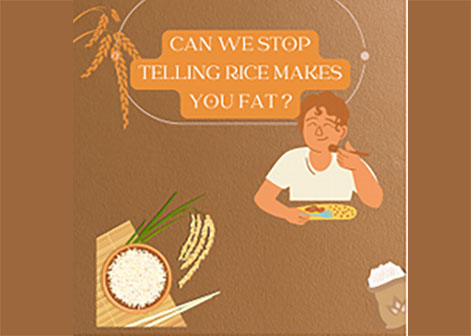
Some ancient holistic practises to keep our bodies healthy
March 5, 2022
The Forgotten Food- Millets
March 5, 2022Traditional foods are those eaten by people over the longer course of civilization which has supported health-cultivated, produced and harvested from the earth and out of nature- foods which are wholly unaltered and organic and contain the highest level of nutrition or nutrient dense.
These foods have been eaten for millennia by people around the world. They are foods those are found in our own community
.It is these real, whole, nourishing foods enjoyed for generation upon generation that provide the cells of our bodies with necessary fats, proteins, vitamins, minerals and phytonutrients needed for good health. This state of well being is characterized by strong digestive system, superior brain function, blissful sleep , sturdy bones, calm mind and an immune function that prevents infection.

- Traditional foods by their very nature contain highest levels of nutrition available because they are grown or produced using sustainable methods which increases nutrient content and without chemicals and other dangerous substances which reduces the nutritional value.
- To achieve wellness body needs nutrients from real food. Eating traditional foods helps avoid many health issues including allergies, asthma, digestive and cardiovascular health issues, obesity, auto-immune disorders like lupus, fibromyalgia, multiple sclerosis and even diabetes.
- Traditional, real food possesses taste that is vastly different from conventional and processed foods. Traditional foods are full of flavour, texture and aroma.
- Eating traditional foods supports smaller family farms and food producing operations. When eating traditional foods, we are also helping the environment by supporting sustainable methods of food production.
Foods from land and sea once provided everything for people. Today a mix of market and traditional food is common for most people but traditional food remains an important source of many nutrients.
When traditional foods were included in the diet, benefits were,
- Less calories – helpful for weight control
- Less saturated fat – better for the heart
- More lean meats and sea foods
- More iron- better for muscles and blood
- More zinc – better for wound healing and fighting infection
- More vitamin A – better for vision and fighting disease
- More calcium – better for strong bones and teeth
- Strengthened food culture and well being
Results of consuming a lot of processed foods
- Appearance of various diseases and severe health conditions
- When populations consumed modern processed foods, vegetable oils, white flour, white sugar they began to experience physical degeneration: tooth decay, indigestion, skin problems, cardiovascular issues, respiratory illness, musculoskeletal problems etc.
- Intake of excessive white flour and sugar has been connected to most major health issues including: osteoporosis, cancer, hyperglycaemia, cardiovascular disease, adrenal exhaustion, metabolic problems, endocrine disorders, reproductive disorders, parasitic and yeast infections.
- The immune system also lowers its functions within minutes of consumption of white sugar. A compromised immune system naturally leads to more flu, colds, sore throats, allergic reactions, depression and irritability.
- In addition, the more sugar we consume, the faster our aging process.
What types of foods are considered traditional?
- Naturally cultured and fermented foods containing important probiotics and amino acids like yogurt, kefir, kombucha, and lacto fermented vegetables.
- Real unrefined sea salt with naturally occurring trace minerals and nutrients.
- Healthy fats from traditional sources like butter from healthy and humanely raised cows, extra virgin olive oil, extra virgin coconut oil, unfiltered unrefined cold pressed ground nut oil, sesame oil.
- Raw nuts and seeds that are organic, that have been soaked, sprouted to neutralize phytic acid and make more digestible.
- Raw sustainably produced dairy including milk, cheese, cream, butter, kefir and yogurt.
- Organic, whole, sprouted, soaked or fermented grains, pulses, legumes, millets to neutralize nutrient-inhibitors (phytic acid) contained within the food.
- Organically produced whole fruits and vegetables
- Meats produced from healthy, grass-fed animals and birds
- Safe choice of seafood- fish, oysters, clams, mussels, crabs, shrimps, squid and fermented cod liver oil, fish oils.
- Sustainably raised, organic poultry and eggs from hens raised on pasture, allowed to roam and eat worms, grubs, insects and plants.
- Sustainably raised, grass fed, animal meats and poultry such as chicken, turkey, lamb, rabbit and others.




